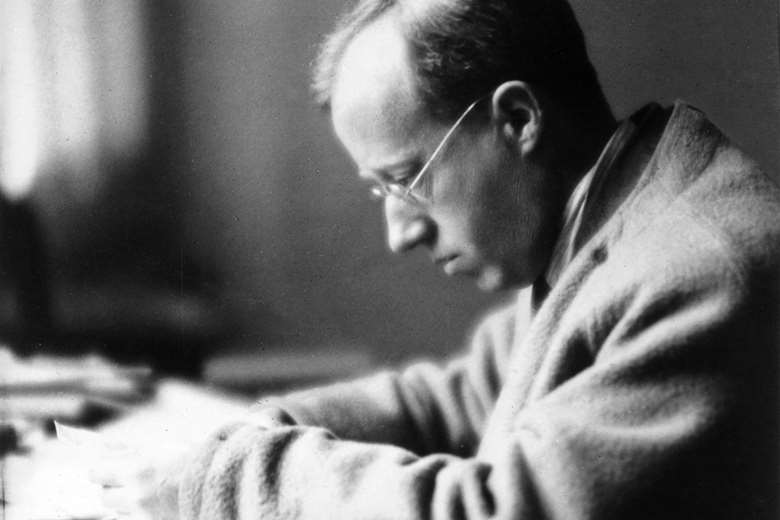Holst's The Planets: a guide to the greatest recordings
Andrew Farach‑Colton
Friday, August 9, 2024
Holst’s celestial suite has long been a showpiece for virtuoso orchestras and a sonic spectacular for hi‑fi buffs. Andrew Farach‑Colton chooses his favourite versions from across a century of recordings

Register now to continue reading
Thanks for exploring the Gramophone website. Sign up for a free account today to enjoy the following benefits:
- Free access to 3 subscriber-only articles per month
- Unlimited access to our news, podcasts and awards pages
- Free weekly email newsletter







